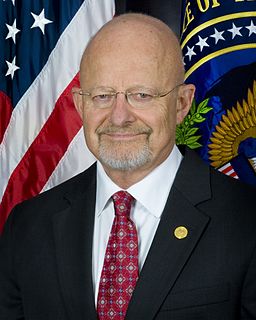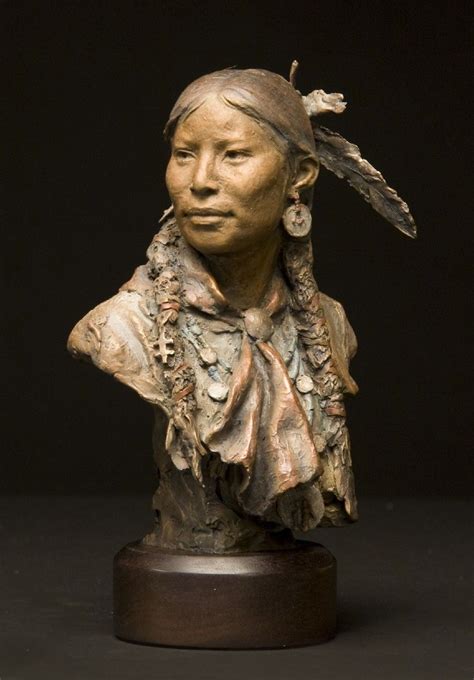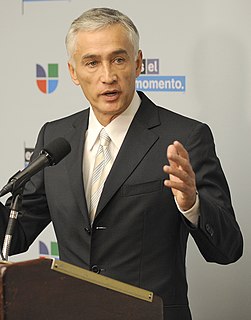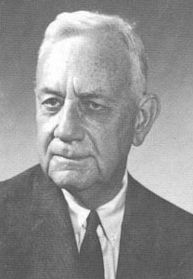A Quote by Michael Portillo
America, to me, is this enormous contrast between the heady idealism of founding fathers such as Thomas Jefferson, who said, 'All men are created equal,' and the reality that he was himself a slave owner.
Related Quotes
Nothing manifests more persuasively the American contradiction than that the author of the Declaration of Independence, a slave owner, wrote an antislavery clause into the document - as if to compel himself to be better than he was - which then had to be edited out so the Southern states, including Thomas Jefferson's own, would sign it.
When Thomas Jefferson wrote the Declaration of Independence, declaring that all men were created equal, he owned slaves. Women couldn't vote. But, throughout history, our abolitionists, suffragettes, and civil rights leaders called on our nation, in reality, to live up to the nation's professed ideals in that Declaration.
Thomas Jefferson understood the greater purpose of the liberty that our Founding Fathers sought during the creation of our Nation. Although it was against the British that the colonists fought for political rights, the true source of the rights of man was clearly stated in the Declaration of Independence. Jefferson wrote that all humans are endowed by their Creator with certain unalienable Rights . . . . It was self-evident to him that denying these rights was wrong and that he and others must struggle to win what was theirs.
Civilization just takes it as a given that the whole world was flooding. Then science came and you had geology and modern astrophysics, and time became well understood going back billions of years. So enlightened religious people, as a necessity, had to shed the magical elements of the Bible. A little known fact is that Thomas Jefferson did just that. There's something called the Jefferson Bible. It's not widely publicized because it sort of conflicts with certain people's ideas of what the founding fathers were.
I'm a product of a Notre Dame education; those professors taught me a lot about how you separate the city of God from the state. I'm also a reverent follower of the tradition of Thomas Jefferson. My years of public life have simply confirmed the intensity of my belief that what I have learned from Joe Evans and Thomas Jefferson was correct.

































